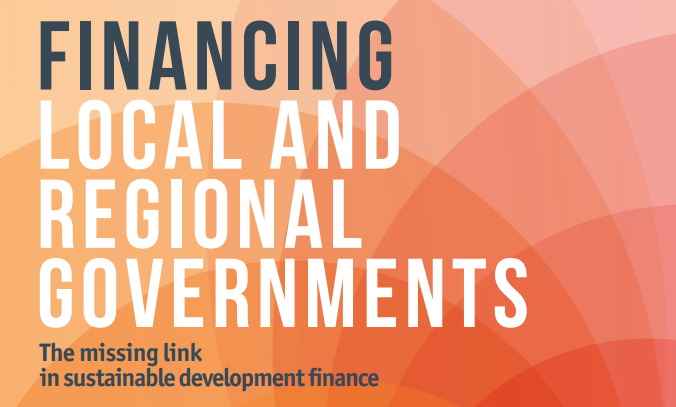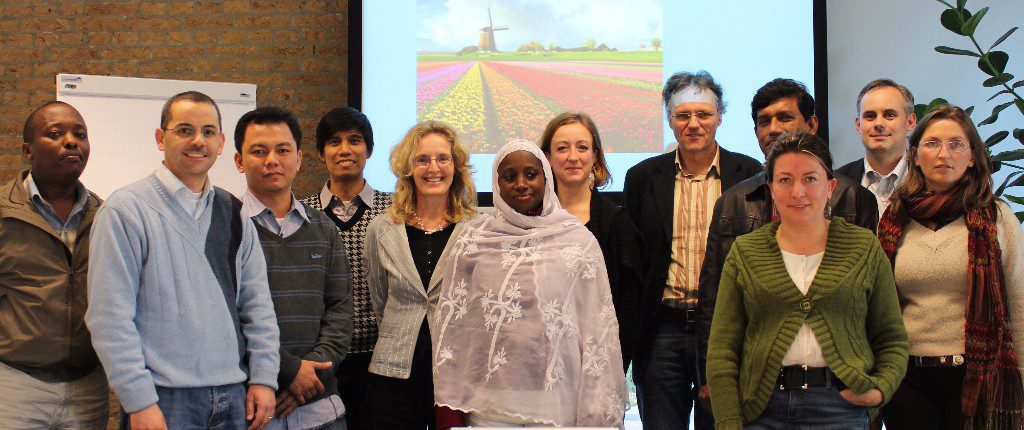Effective fiscal decentralisation and capacity development of national as well as local authorities is crucial for achieving the Sustainable Development Goals (SDGs). This is one of the key messages in the report, Financing Local and Regional Governments.
In this readable 20-page report, authors from the Global Taskforce of Local and Regional Governments argue that because local authorities play a key role in the social and economic development of their territories, they are therefore responsible for a significant part of the investments necessary to achieve progress and support the implementation of the SDGs.
The report offers six key recommendations:
- Provide suitable regulatory and legal environments at the national level
- Ensure appropriate fiscal decentralisation and sharing of national resources
- Increase technical assistance and capacity building for subnational governments
- Strengthen local governments’ access to the instruments enabling them to raise long-term financing
- Develop innovative and responsible ways for lending to local and regional governments
- Improve monitoring of financial flows
“If local and regional governments are to fully play their role in meeting the SDGs, a suitable blend of appropriate fiscal reforms and financial instruments must be adopted.”
The Hague Academy annually welcomes professionals supporting (fiscal) decentralisation processes and capacity building in public financial management for a two-week training on Fiscal Decentralisation and Local Finance. Contributions come from experts of UNCDF, and VNG International and the Institute of Social Studies (ISS) located in The Hague.
Designed with the practitioner in mind, the training course introduces the four pillars of fiscal decentralisation and encourages participants to analyse the approach in their respective countries. Moreover, course participants learn about the tools for managing local finances, discuss examples of participatory budgeting and explore opportunities for furthering public-private cooperation. Special attention is paid to an innovative local taxation tool to improve local service delivery, applied in Ghana and Palestine.


